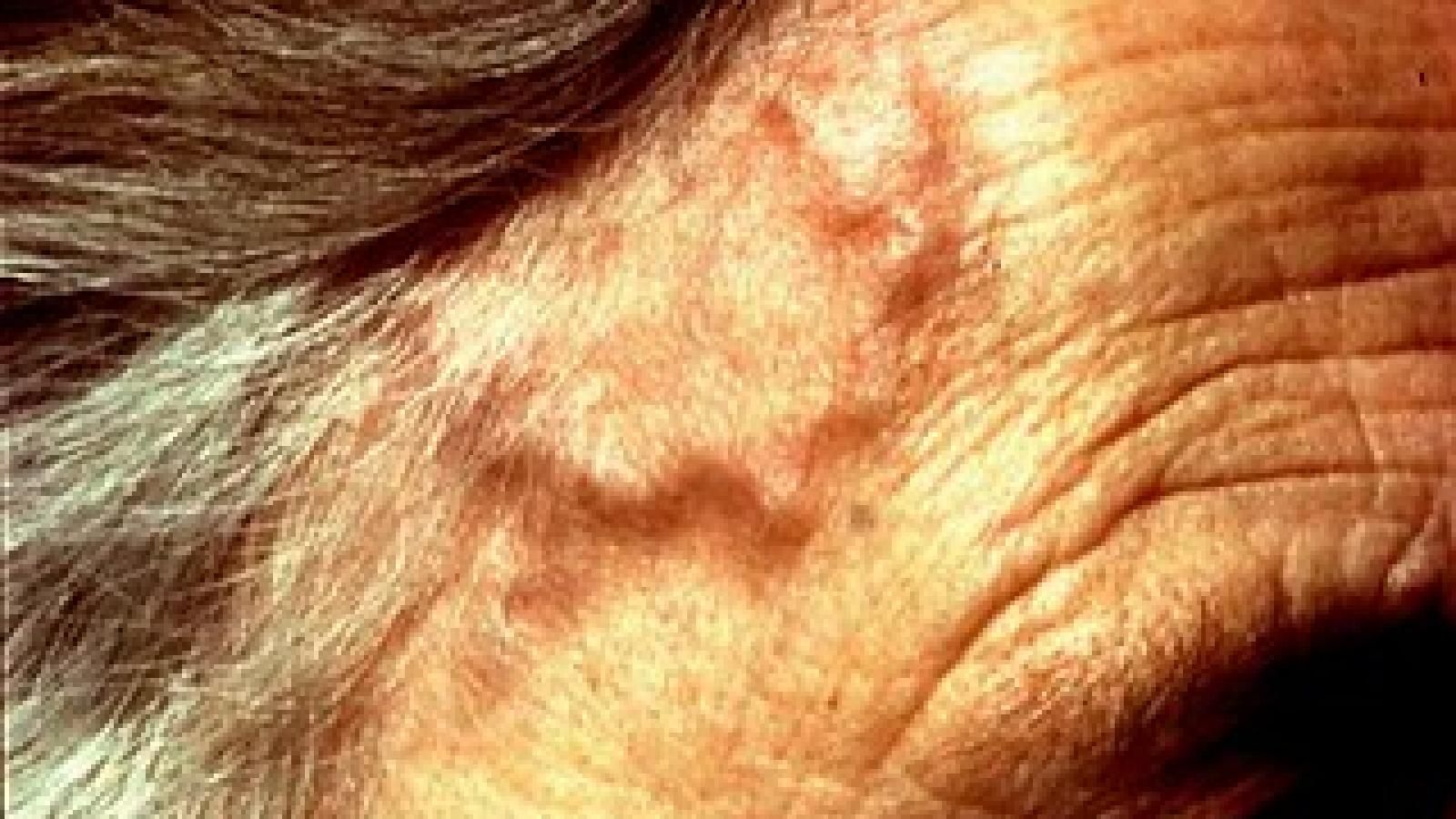Drug Safety
The findings from ORAL Surveillance Study have been a dominant conversation at recent ACR Convergence, with the seminal findings and subsequent analyses a target of debate. Subsequent post-hoc analyses, follow-up studies, and claims data analyses have been used to further interpret the data, though a clear answer on safety is not certain. A study presented on Sunday reported on a new post-hoc analysis that provides new insights.
Clinicians treating giant cell arteritis (GCA) have long had to contend with a disappointingly limited selection of drugs from which to select. A new group of drugs is finally showing promise in the treatment of GCA.
Bimekizumab (BKZ) is a monoclonal IgG1 antibody that selectively inhibits interleukin (IL)‑17A and F. There have been more updates on the 2 year data on BKZ at #ACR24, and this is a summary of four studies being presented this year at ACR24.
A 52-week has demonstrated the safety and efficacy of ianalumab, a dual B cell depleter) in patients with active Sjögren's disease (SjD).
Join Drs. Jack Cush and Artie Kavanaugh as they review 15+ presentations and abstracts from the 2024 ACR Convergence meeting in Washington, DC.
In 1950, three scientists were awarded the Nobel Prize for their groundbreaking discovery of steroids, heralded at the time as a "miracle cure" for rheumatoid arthritis (RA). However, just a year after their introduction, evidence began to surface regarding the harmful side effects and withdrawal symptoms such as pain and fatigue that were independent of RA itself.
Recent advancements in targeted therapies, including selective inhibitors of key inflammatory pathways, offer promising outcomes for patients with active psoriatic arthritis (PsA). At ACR 2024, there have been further developments in novel therapies in PsA. Three innovative treatments: Zasocitinib, Vunakizumab, and Sonelokimab, as detailed in recent phase 2 trials, were presented at ACR 2024.
Randomized controlled trials (RCTs) drive guidelines; guidelines drive clinical practice. Because updated guidelines lag trials by many years and dissemination of guidelines takes additional time, rheumatologists often practice “behind the data.” The 2024 ACR Guidelines for the Management of SLE Nephritis reaffirmed many of our typical practice patterns, including hydroxychloroquine for all, renin/angiotensin blockade, and favoring mycophenolate
For many women, the journey to motherhood brings a sense of anticipation and joy. However, for those with rheumatoid arthritis, this journey presents unique challenges. At ACR Convergence 2024, researchers discussed how advancements in reproductive medicine and RA management are paving the way for improved outcomes.
Reported safety signals, at odds with the efficacy of these medications, have left rheumatology clinicians in a difficult position when considering when during a patient’s treatment course and in which patients, specifically, JAKi should be used. Two abstracts from ACR convergence 2024 further contribute to our understanding of this potential risk profile.
Highlights from Day 3 at ACR24 included the plenary session presentation on Nipocalimab (previously reviewed), but the big highlight was the Lupus Nephritis guideline recommendations.
This has been an interesting ACR meeting in terms of PMR updates. I would argue that we are still far too wedded to glucocorticoids only in the management of PMR. Yes, some patients will do fine with just glucocorticoids but we persist far too long with a glucocorticoid only strategy in others who clearly need an alternative as glucocorticoid adverse events multiply.
The findings from ORAL Surveillance Study have been a dominant conversation at recent ACR Convergence, with the seminal findings and subsequent analyses a target of debate. Subsequent post-hoc analyses, follow-up studies, and claims data analyses have been used to further interpret the data, though a clear answer on safety is not certain. A study presented on Sunday reported on a new post-hoc analysis that provides new insights.
ORAL surveillance was a post-authorisation safety study of tofacitinib 5mg and 10mg versus TNF inhibitors, focusing on rates of adverse events, including MACE. A higher incidence of MACE was observed with the use of tofacitinib. Statins are recommended in patients with a history of atherosclerotic disease or 10 year predicted risk of MACE. But, how many patients with rheumatoid arthritis, at risk of MACE, are actually taking a statin?
Here’s a collection of some of the best abstracts presented on day 2 of ACR 2024 as selected by the RheumNow faculty.
























 Poster Hall
Poster Hall